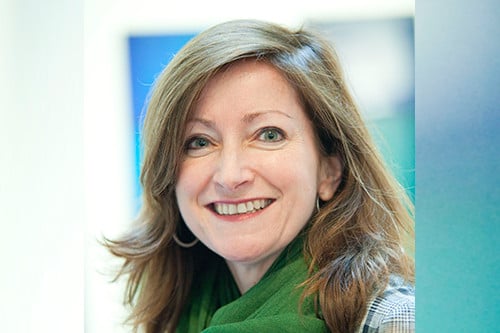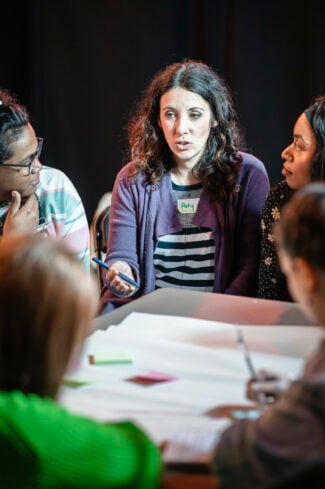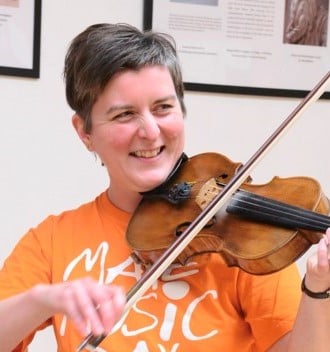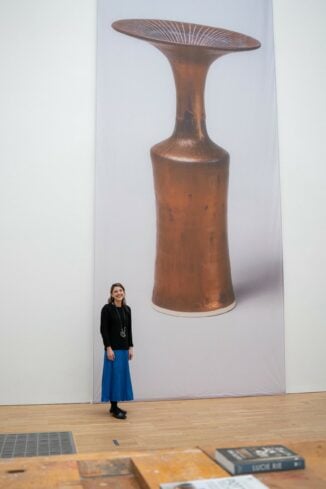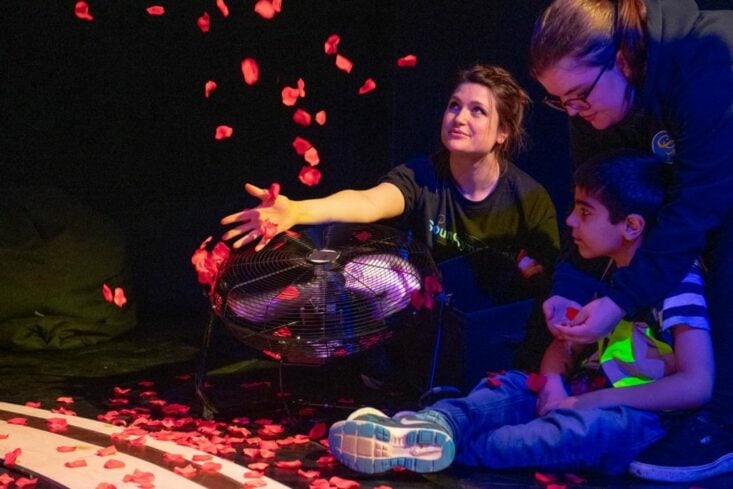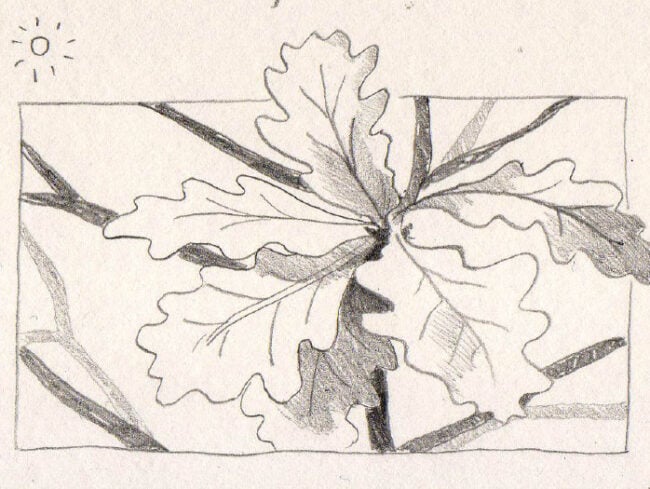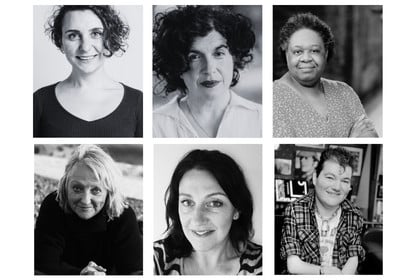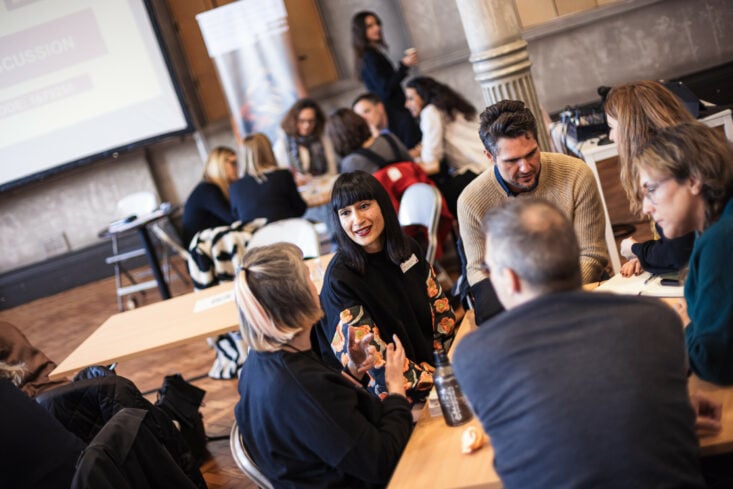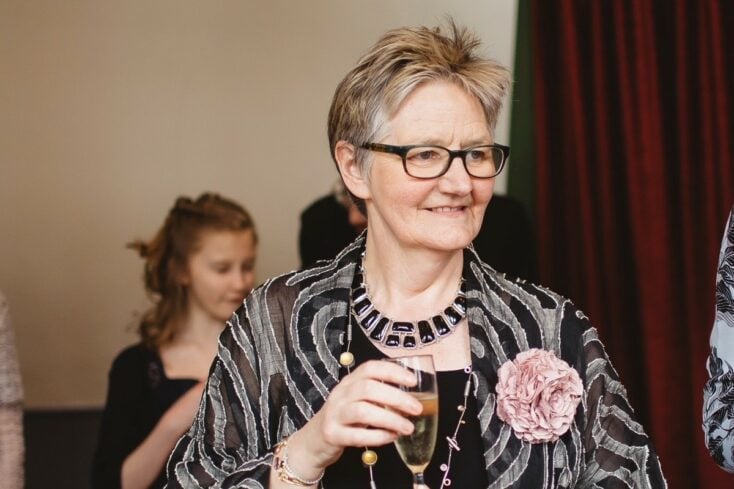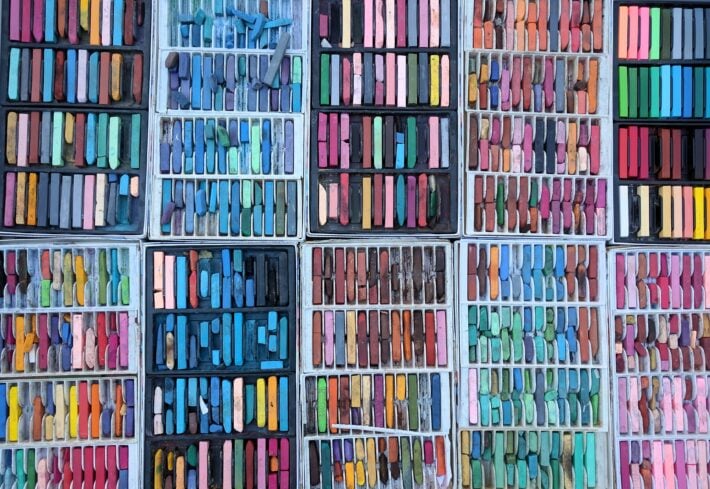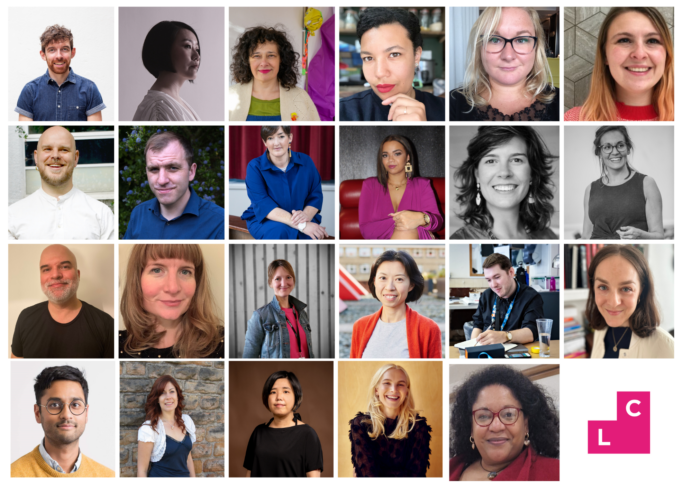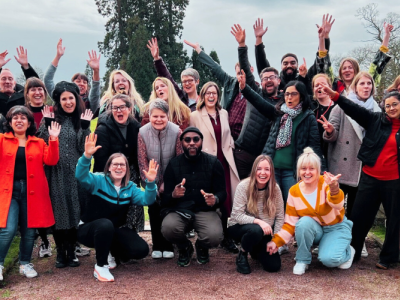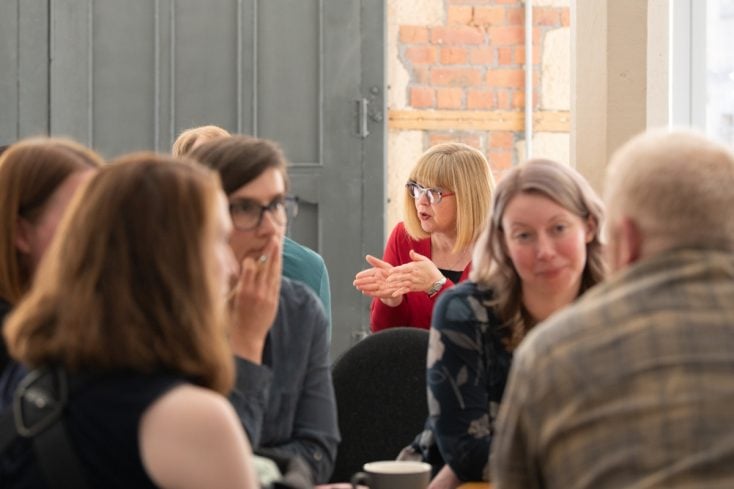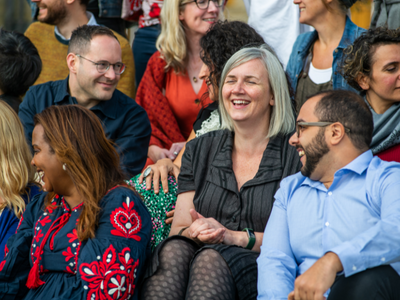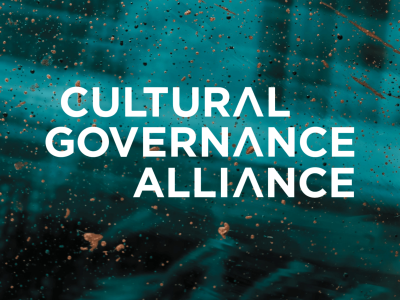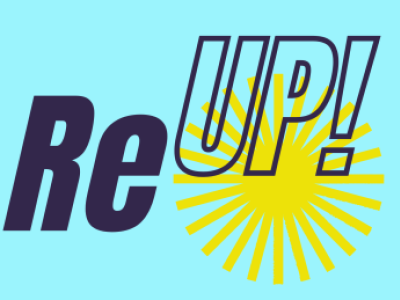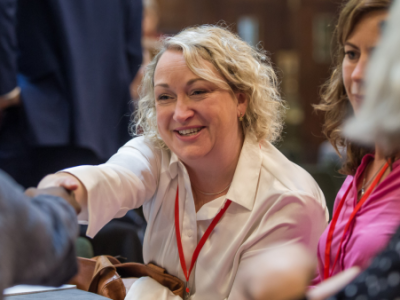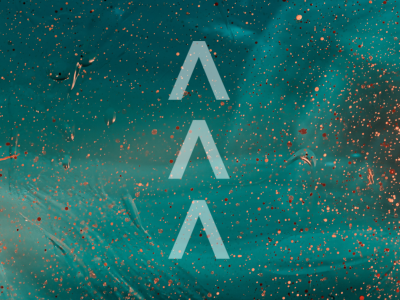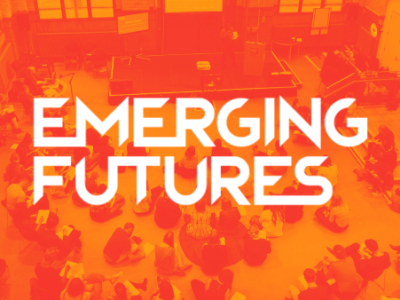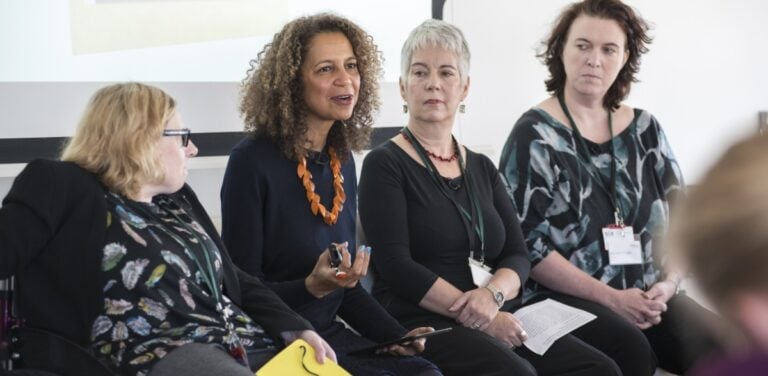World of Work Programme – Project Overview & Research Themes
Interventions for Change
For 20 years, Clore Leadership has been inspiring and supporting cultural leaders at all career stages to be change agents in their communities, organisations, and wider society. As part of their commitment to continue shaping an inclusive and diverse leadership for the sector which is well equipped to meet the demands of contemporary society, Clore Leadership have initiated a set of three interlocking interventions for change. These interventions are:
- Leadership Now: a series of 5 in-person and online Assemblies, in collaboration with the Arts Council. The assemblies will bring together leaders to share, explore, navigate, and co-create solutions for contemporary leadership challenges in the cultural sector.
- World of Work: a research project combining qualitative and quantitative data to understand how the world of work has changed and what the impact of these changes is for leaders in the cultural sector.
- Imagine it Different: will gather the sector together, to build on the other two interventions by exploring current systems, approaches and opportunities to envision enhanced or alternative paths for arts, culture and heritage working practices.
This programme has been designed to achieve tangible outcomes and set of practical actions for key stakeholders and institutions with findings and recommendations to be proactively shared to prompt further discussions. They will also inform the future direction of Clore Leadership’s training and professional development programmes.
Early research themes
The initial phase of the World of Work research undertaken by Metro Dynamics has identified a number of trends that have changed work in general and in the cultural sector in the last 5 years, including:
- Changing relationships to work: accelerated by the pandemic, the importance of work-life balance and wellbeing in work has grown, changing the boundaries of relationships in work and the scope of responsibilities for leaders.
- Changing consumer preferences: relating to the cultural products that are in demand and/or the manner in which people are engaging with these products/services/experiences.
- Political climate: an increasingly polarised politics and public spere as well as anti-establishment attitudes are changing the environment which the cultural sector is operating within.
- Funding availability: the impacts of austerity over the last ~13 years has reduced the funding available and changed the funding landscape, with less public sector funds. This has been exacerbated by the impact of pandemic lockdowns and high inflation which followed.
- Funder requirements: as funding availability has changed the requirements to receive funding including how it is to be spent, where it is to be spent and the types of outcomes which must be tracked have also changed.
- Social media: the rise of social media has transformed the ways which cultural leaders and organisations can reach people while also transforming the visibility of and access to leaders in the cultural sector and expectations around responsiveness to political and cultural issues.
- Technological change/disruption: technologies like streaming have created new possibilities for cultural providers and changed the ways in which people access media and the arts.
- Corporate social responsibility: the growing importance that businesses and other organisations consider their social and environmental impacts and integrate these concerns into operations and decision making.
For further information about the World of Work Programme and Leadership Now Assemblies, please see the following page on our website: Clore Leadership and Arts Council England announce series of assemblies exploring leadership and world of work – Clore Leadership
Themes Inclusive Leadership Practice Qualities of Leadership Sector Insights

